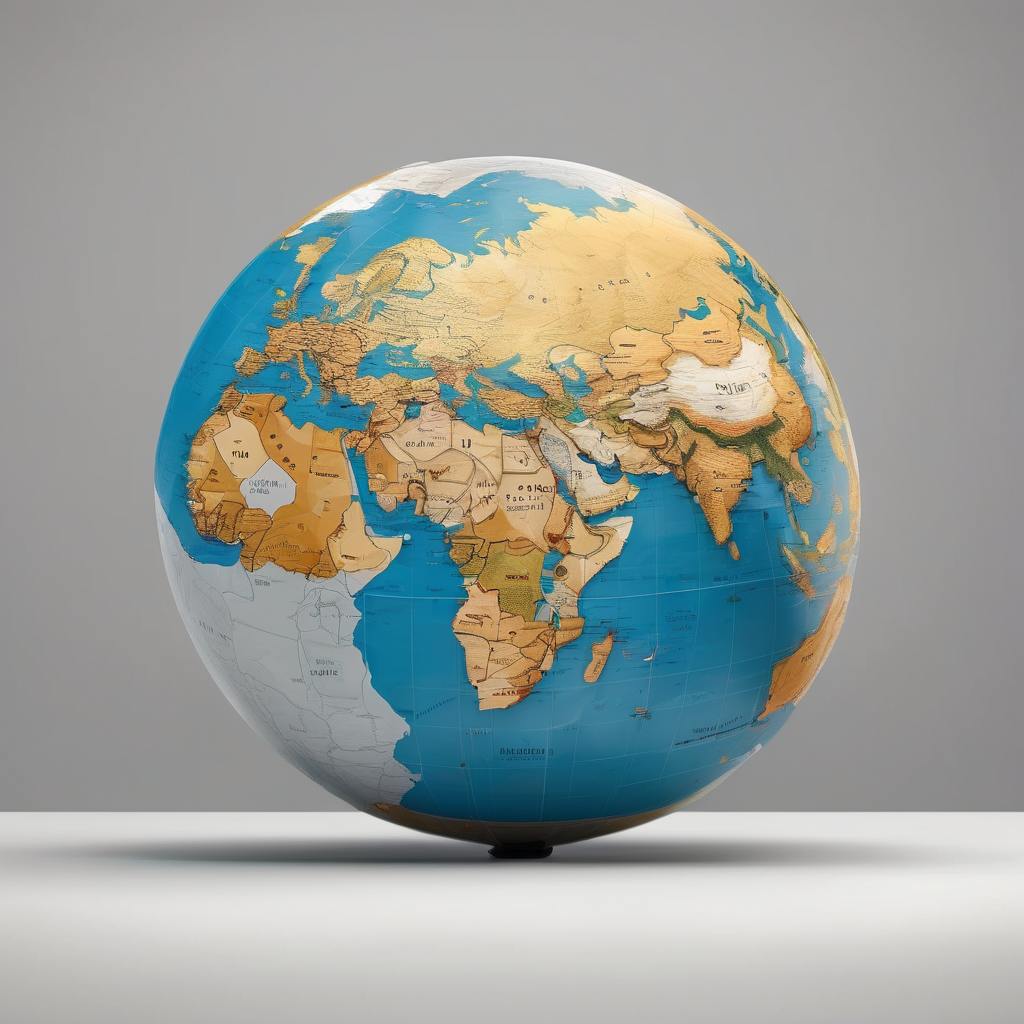Iran is facing a renewed set of economic sanctions, but the implications may be mitigated by its ongoing relationships with Russia and China. Both countries have openly expressed that they do not recognize the legitimacy of the snapback sanctions, suggesting they will continue their economic and military partnerships with Iran.
Russia and Iran maintain strong military bonds, highlighted by Iran’s sale of drones to Russia for use in Ukraine. On the economic front, China’s significant trade with Iran serves as a lifeline for the latter. As the primary buyer of Iranian oil, China benefits from discounted prices, acquiring crude oil at approximately 20% below market value. This trade is crucial for Iran’s economic stability, despite the pressures of international sanctions.
An Iranian Oil Ministry official disclosed that although the new sanctions might introduce additional complications, they are unlikely to deter China from importing Iranian oil. However, China may leverage the sanctions situation to obtain further discounts by expressing concerns over the safety and seizure risk of Iranian oil tankers.
Iranian political leaders have downplayed the potential impact of these new sanctions, asserting that the country has been managing under existing conditions and will continue to find ways to adapt. Some have criticized the Western countries, particularly Europe and the U.S., for allegedly not being genuinely committed to diplomatic solutions.
In response to the sanctions, Iranian political rhetoric has shifted towards self-reliance and strength. Mahdi Mohammadi, a senior adviser to Iran’s Parliament, emphasized the need for Iran to fortify itself against external pressures, suggesting that resilience is key to navigating these international challenges.
The situation underlines the geopolitical complexities, as Iran continues to maneuver through sanctions with strategic alliances that help sustain its economy and military objectives.
